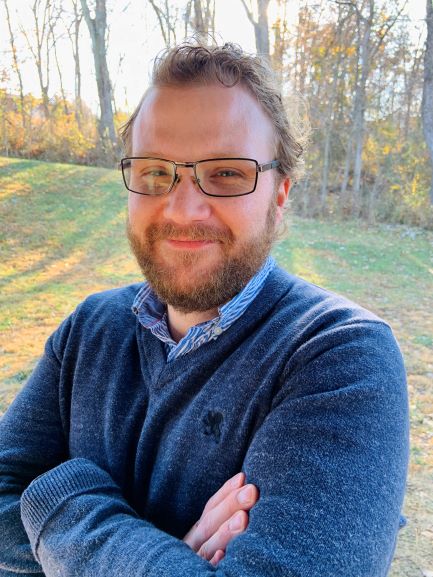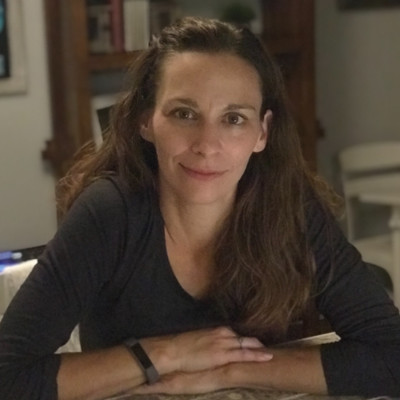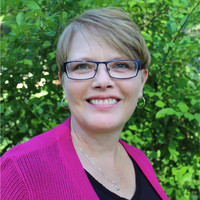Speaker(s):
Sara Schwab, MS, LPC
Darla Belflower, MSW, LCSW, LAC
Presentation: This presentation begins with an overview of Housing First principles and strategies. Case studies and data illustrate the benefits of moving vulnerable individuals with mental illness directly into housing from the streets or shelters. The presentation then moves to describe several challenges (including doubling up, hoarding behavior, changes in symptoms, refusing services, etc.) that often arise and threaten housing success and retention. By examining challenging situations from the viewpoints of outreach workers, traditional mental health case managers, and housing providers, the presenters provide a framework for coordinating care across multiple systems in order to support clients’ success and recovery. Attendees will be challenged to work together and develop creative solutions to the challenges that they face in their own communities.
Objectives:
- Describe the principles and benefits of Housing First for individuals with mental illness
- Identify 3-5 likely challenges that clients face, their possible causes, and possible solutions
- Utilize creativity and teamwork to develop nontraditional solutions to challenges in their own communities
- Discuss similarities and differences among the approaches of outreach, CPR, and housing providers





